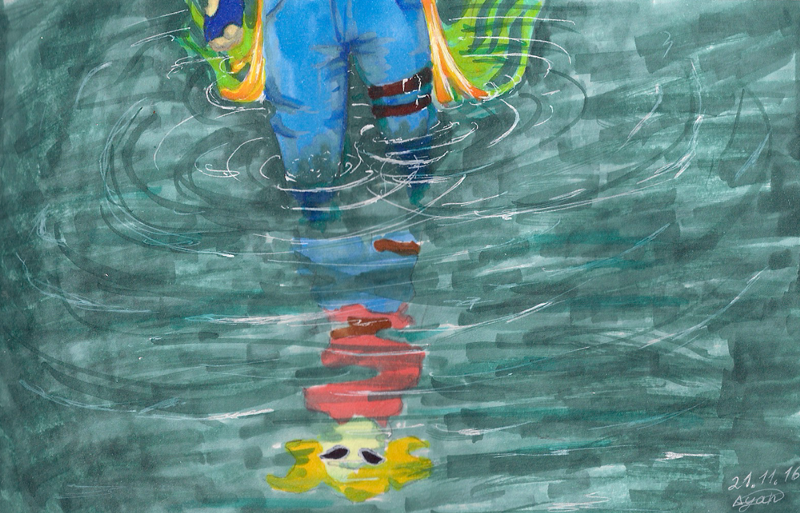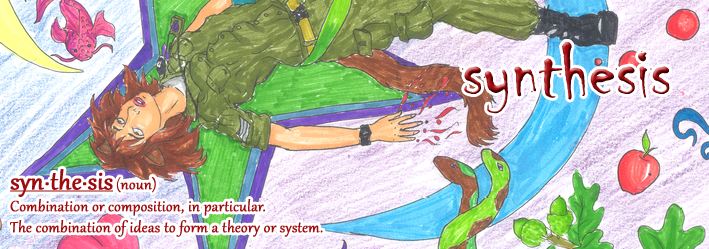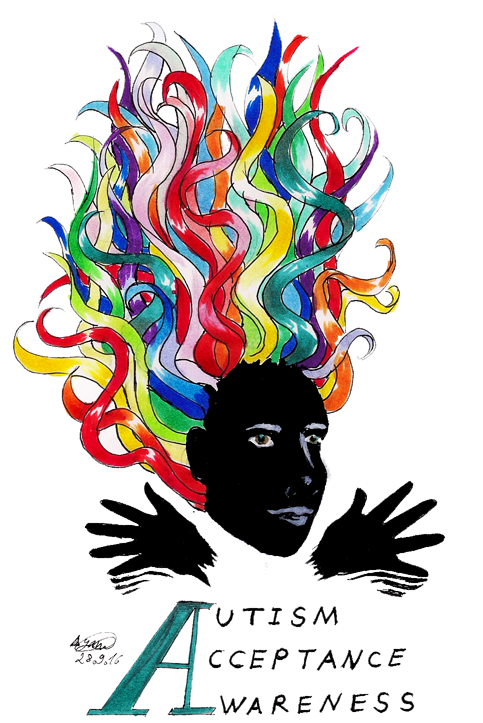
Imagine your day. Everything is the same, but you always have to go through water. You have no control over the height of the water. The water makes everything you do less comfortable and much much harder. At the end of the day you are so tired from going through water you have no energy for other things in your life.
This is my life. My anxiety feels like my surroundings are constantly flooded with water. I have to walk through this water, whenever I go.
Sometimes my anxiety levels are quite low, somewhere around the calves. Sometimes I have to make my way in the world with water up to my chest. On especially good days my anxiety is not higher when my ankles. It is still there, and it feels like walking in water. And water is more resistant then the air. Most people around me walk on dry land, sometimes being wet, but not like this. Walking day after day, week after week, for years — in the cold waters of the anxiety. Waters that you can’t get used to.
Sometimes the situation becomes so unbearable that I take my medication, alprazolam. Alprazolam is a benzodiazepine, and benzodiazepines are highly addictive. My psychiatrist said that I shouldn’t take more then 3 a week. So I don’t. If I can, I don’t take it at all. I am used to living in constant anxiety.
When I take my medication, the level of water becomes lower, but I stay soaking wet. I am never completely dry. Sometimes I become a zombie. Feeling like an un-anxious zombie is better than struggling for air. Feeling numb is way better than drowning in anxiety.
There is an another thing I use for my anxiety. I use a concentrated herb oil. I don’t use it in the way other people do. I take small doses, rarely. But when I take less then a drop of this oil, I can have several hours when I don’t feel anxious at all. I can clean the house, write my thesis, cook food. I can eat without flashbacks. I can even handle meeting my abusive family of origin. I still don’t like it, but I don’t finish the evening crying, self harming and a total wreck. In these precious hours I am not walking in water. My anxiety doesn’t suffocate my motivation. My fear doesn’t become something that stops me from doing things. My anxiety leaves me for several hours. Until I tried this herb, I didn’t knew what is it like to live without feeling constant fear.
On most days I choose not to do anything about the water, even if there are things that make it higher. Public transportation is making the water higher. Meeting my mother or grandmother? Even more. Being shouted at? Eating? Talking to people who expect me to be neurotypical? The water rise and rise.
On good days I can manage the water. I stay at home if I can, and try not to make my water to rise. It is hard, because I have to eat, but I have several methods to trick the water. It is not as good as using chemicals, but I am so scared of addiction that I choose to use them only if I have no choice.
But even choosing to use my medications is hard. It is hard because of my executive dysfunction. Going to take the herb oil or alprazolam is also scary. Acknowledging the water is scary, because I was told for years that the water is not there. That it is not scary. That it is not hard. The reality of things being hard against the things I was told were confusing, but not unfamiliar. In the past I was told when I was hungry, cold, happy or interested in things. What I thought about what I felt was irrelevant. The things I said I liked were taken away from me. They said that if I like something because it has some characteristic, it means I should like another thing with the same characteristic. Even if I didn’t liked it.
So acknowledging the water, means that I have to fight my memories of others telling me otherwise. Acknowledging the water also means paying attention to it. And when the water is anxiety — it becomes even scarier. Because when I know what I feel — I am actually feeling it. Why is that? Alexithymia. Most of the time I am not aware of what I feel — emotionally, but also sensually. For me, knowing that I am afraid is like knowing I am lost. It makes things scary.
So I am living like that, forever sailing in the waters of anxiety.
Beware, here be dragons.













